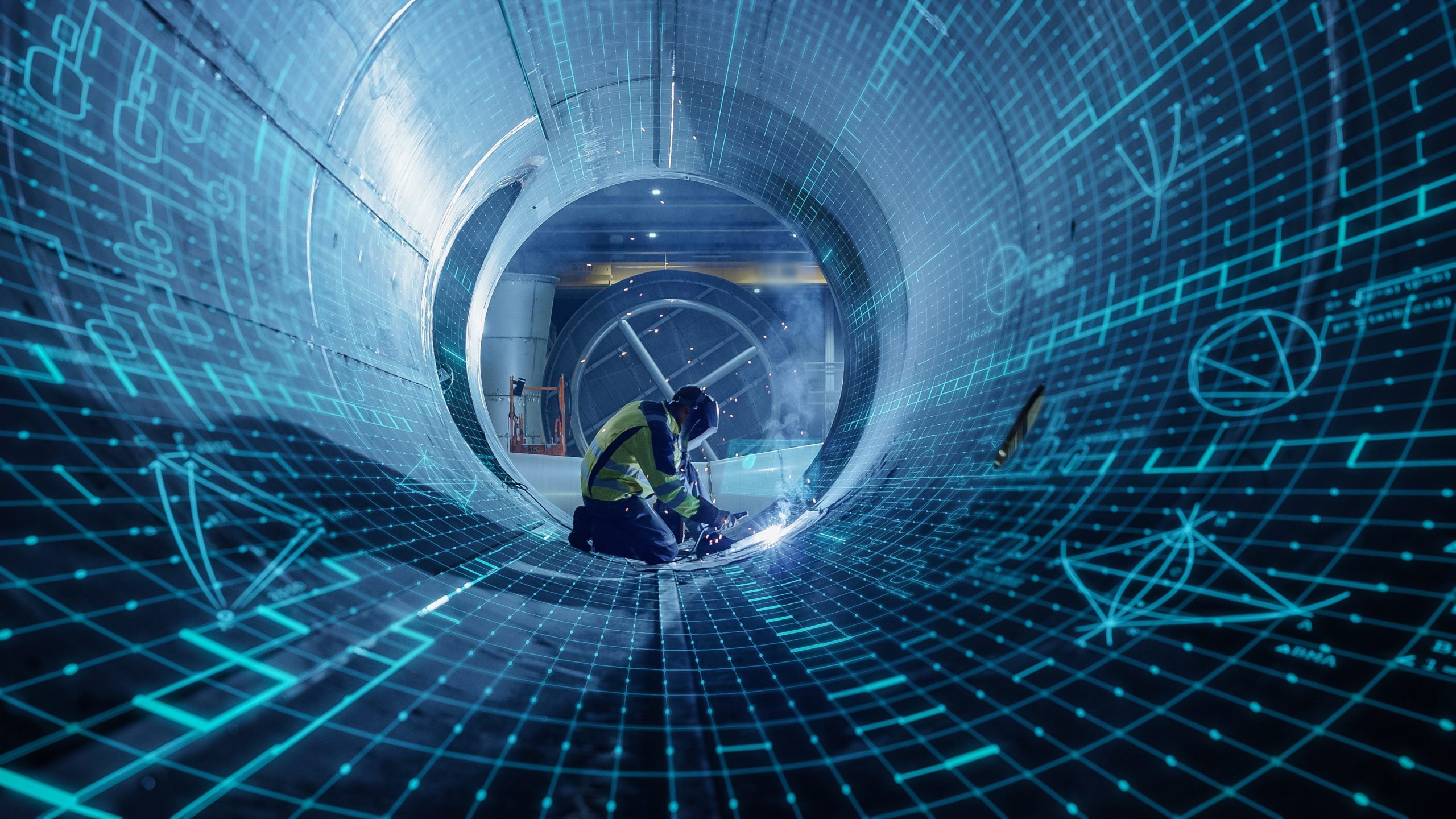
ARTICLES
19/Jun/2025
Barcelona opens to the Chinese tech sector at MWC Shanghai 2025
Mobile World Capital Barcelona, the Barcelona City Council, and ACCIÓ brought together 26 Chinese companies in a closed-session event held during MWC Shanghai 2025 in Europe. The meeting gathered local companies with potential interest in entering the European market, specialising in technologies such as artificial intelligence, IoT, and 5G, as…
Read More

ARTICLES
16/Jun/2025
Purpose-driven technology: towards a regenerative digital transition
Lucas Hunter, Interim Executive Director of B Lab Spain Technology has become a key driver of human progress. Its ability to connect, transform, and scale solutions is unquestionable. Digitalization, in particular, has revolutionized how we work, interact, and understand the world around us. However, in a world marked by planetary…
Read More

ARTICLES
15/May/2025
Tech Transfer: sovereignty, impact, and a vision for Europe
Albert Mascarell, director of Tech Transfer at Mobile World Capital Barcelona Europe is at a decisive moment: only those regions capable of transforming
knowledge into industrial capacity will maintain their technological
sovereignty and global competitiveness. Today, more than 90% of
technologies emerging from European research never reach the market. To
face this challenge,…
Read More

ARTICLES
12/May/2025
Applied Science for a Green Future: The New Wave of Cleantech Innovation
At a pivotal moment for sustainability and technological sovereignty in Europe, the Tech Transfer area of Mobile World Capital Barcelona (MWCapital) is emerging as a benchmark in promoting a technology transfer model aimed at creating deep-tech startups that contribute to a digital future and address the challenges of industry and…
Read More

14/Apr/2025
mSchools Lab: Open innovation for educational quality
Albert Forn, director of mSchools at GSMA mSchools Lab acts as an open innovation platform, based on public-private collaboration. The process includes five phases: call for solutions, selection of finalists and winners, call for solutions in schools, piloting in real environments and impact evaluation. This structure ensures controlled implementation and…
Read More

17/Mar/2025
Five years, double the talent: Barcelona rises as the Hub for Digital Professionals
In just five years, Barcelona has added over 55,000 new digital professionals, solidifying its position as a leading tech hub. According to the Digital Talent Overview 2024 report from Mobile World Capital Barcelona (MWCapital), demand for talent in the sector has doubled, now exceeding 122,000 specialists in fields such…
Read More

ARTICLES
04/Feb/2025
Empowering Sustainable Innovation: GSMA Foundry’s Partnership with MWCapital Awards
Faisal Zia, Technical Director at Foundry GSMA At GSMA Foundry, we’re thrilled to announce our partnership with Mobile World Capital Barcelona for their groundbreaking MWCapital Awards. As the innovation arm of GSMA, we’re committed to driving technological advancements that align with the United Nations’ Sustainable Development Goals (SDGs). This collaboration represents…
Read More

ARTICLES
15/Jan/2025
The Fourth Industrial Revolution
The fourth industrial revolution, also known as Industry 4.0, marks a radical change in the way industries produce, distribute, and manage their operations. Unlike previous revolutions, which were driven by advances such as mechanisation, electrification, and computer automation, the fourth industrial revolution merges the physical, digital, and biological…
Read More










